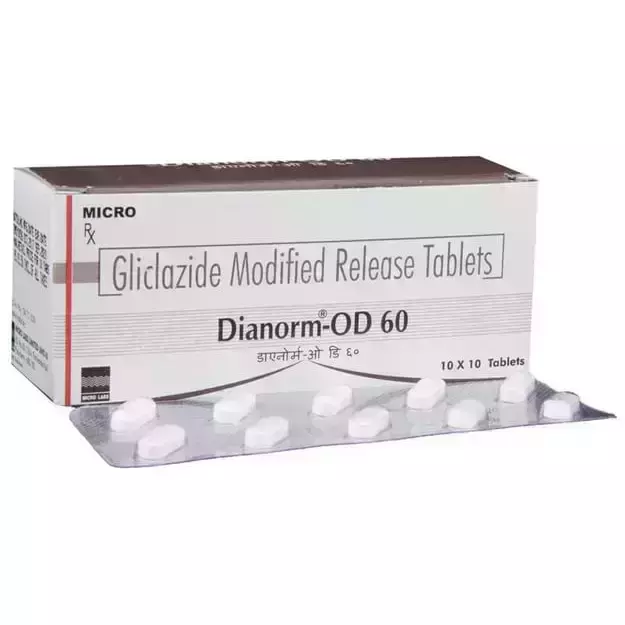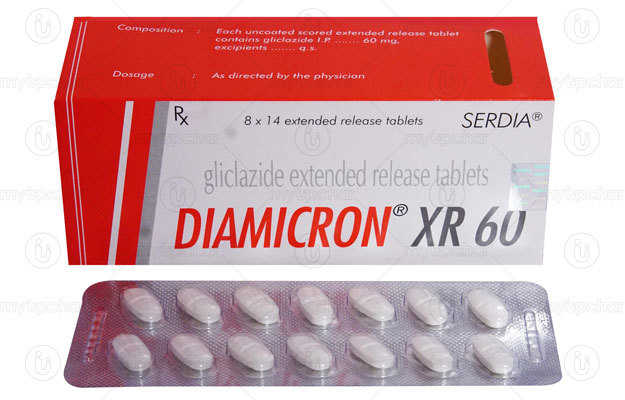Glyup is a prescription medicine that is available as a Tablet. It is primarily used for the treatment of Diabetes Type 2. Secondary and off-label uses of Glyup have also been mentioned below.
The optimal dosage of Glyup is largely dependent on the individual's body weight, medical history, gender and age. Besides the medical condition it is advised for, the route of administration also plays an important role in determining the correct drug dosage. Refer to the dosage section for a detailed discussion.
Common side effects of Glyup include Constipation, Abdominal Pain, Indigestion. While these are the most often observed Glyup side effects, there are can be others also. These have been listed below. Usually, these side effects of Glyup go away soon, and do not persist beyond the duration of the treatment. If, however, they worsen or do not go away, please speak with your physician.
In addition, Glyup's effect is Severe during pregnancy and Severe for lactating mothers. Warnings related to Glyup's effects on the liver, heart and kidney, if any, have been listed below.
Glyup is not recommended if you suffer from certain medical conditions as it can have adverse effects. Kidney Disease, Liver Disease, Diabetic Ketoacidosis are examples of such conditions. Other conditions have been mentioned below in the Glyup contraindications section.
Drug interactions for Glyup have been reported in the medical literature. Refer to the list below for further details.
In addition to the above precautions for Glyup, it is important to know that it is safe while driving, and is habit-forming.
X




















